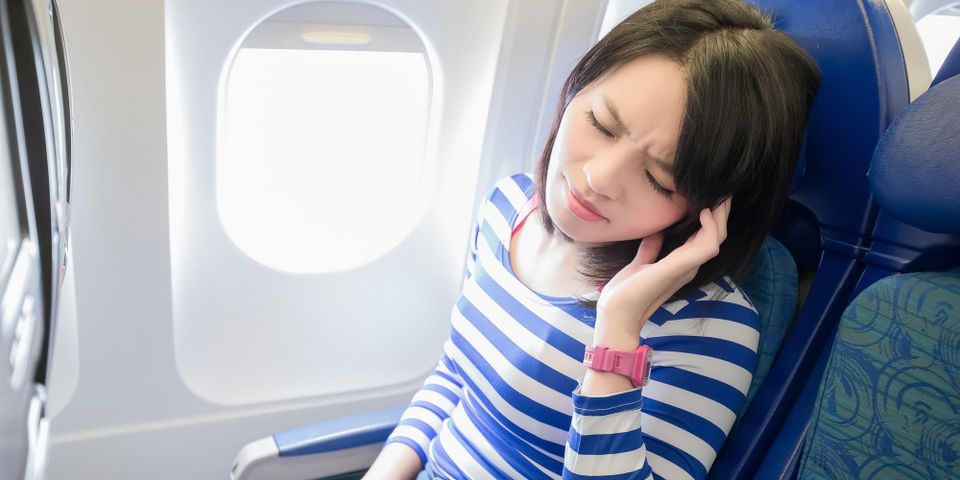
If you fly frequently for business or pleasure, you may have noticed a relationship between air travel and tooth pain. Changes in air pressure are typically the reason for this phenomenon, and while you cannot change the pressure inside the cabin, there are a few ways you can make your flight more comfortable. Below, learn about how flying affects toothaches, and a couple dental care tips for when you're caught with tooth pain at 35,000 feet.
The Role of Air Pressure
Changes in pressure occur both inside and outside the body whenever a person increases their altitude. As a person reaches higher and higher heights, air pressure builds up in the ears and sinuses, which is why many people pop their ears to relieve the pressure. This pressure also causes pockets of air to expand in and around your teeth—aggravating nerve endings and leading to significant pain.
Tips for Relieving Air Travel Toothaches
 To manage your discomfort until you can get to a dentist, avoid extremely hot or cold foods and beverages. Limit yourself to only soft foods. Drink plenty of room-temperature water to keep the tooth routinely rinsed of bacteria.
To manage your discomfort until you can get to a dentist, avoid extremely hot or cold foods and beverages. Limit yourself to only soft foods. Drink plenty of room-temperature water to keep the tooth routinely rinsed of bacteria.
See if another traveler has an over-the-counter pain medication to help relieve the ache. Requesting an icepack and applying it to the side of the face can also help numb the nerves and reduce pain. As soon as you land, make an appointment with a dental care professional. In most cases, toothache pain only affects a tooth that has a new or existing problem, so seek prompt treatment before the issue worsens.
Before your next flight, address any tooth pain by scheduling an exam with Bradley M. Stewart, DMD.in Olive Branch, MS. Dr. Stewart and his team have been serving patients throughout DeSoto County for over 15 years. They offer a comprehensive range of general and cosmetic dental care services, from preventive exams and fillings to restorations and Invisalign®. Call (662) 893-5800 or visit them online to make an appointment.
About the Business
Have a question? Ask the experts!
Send your question

